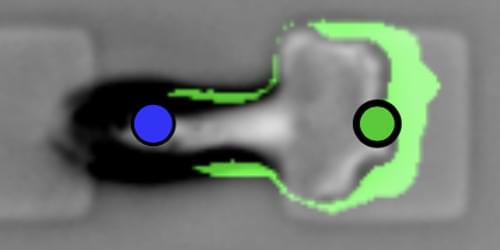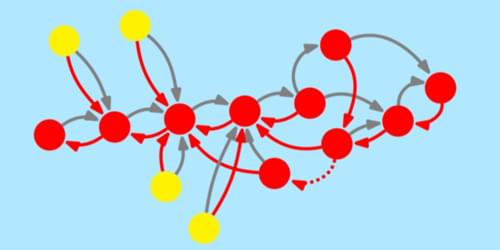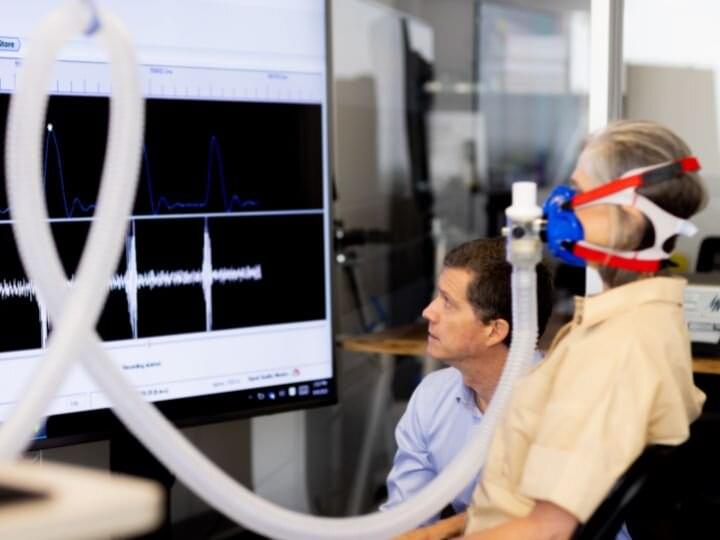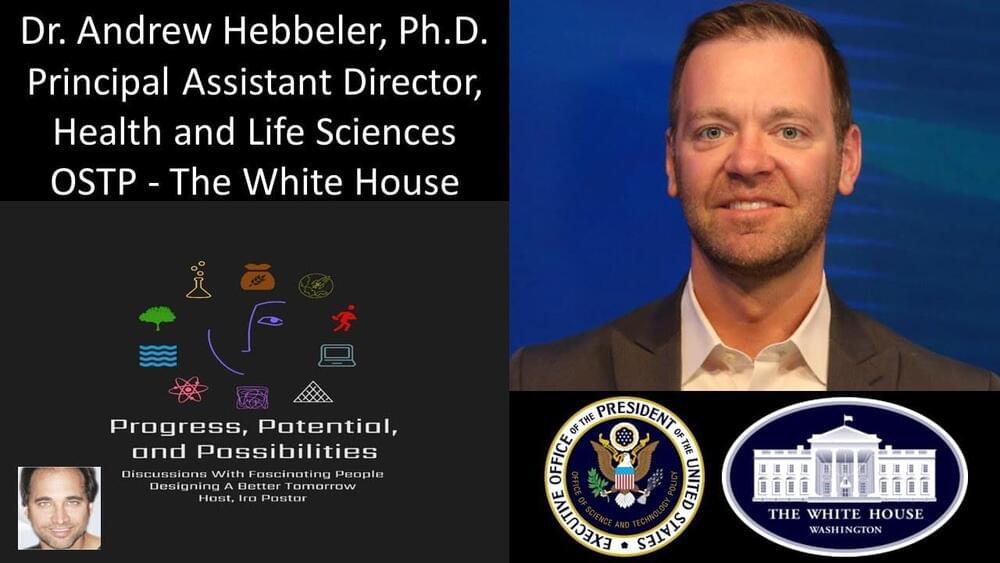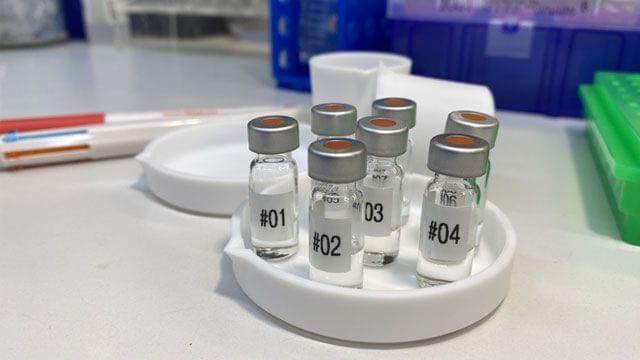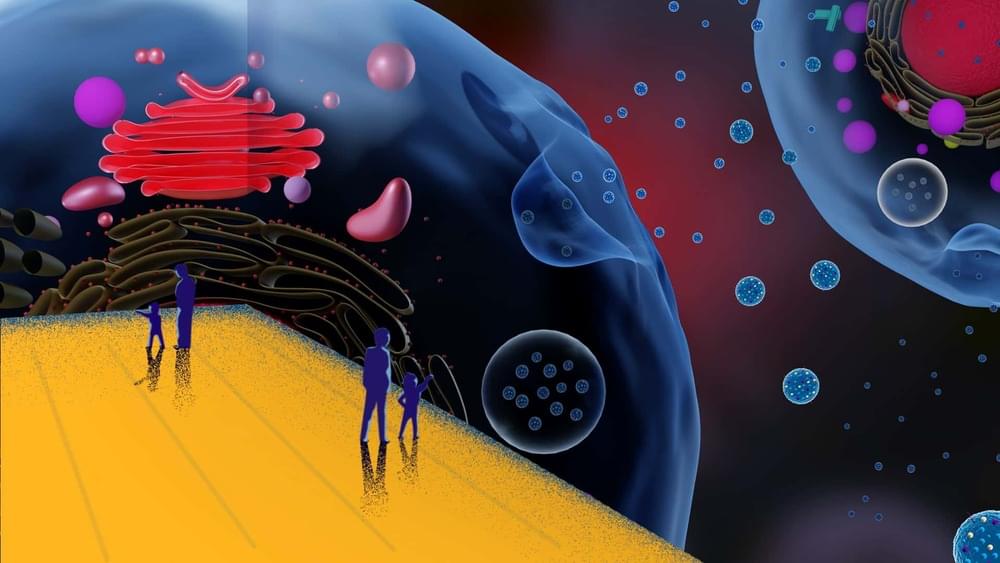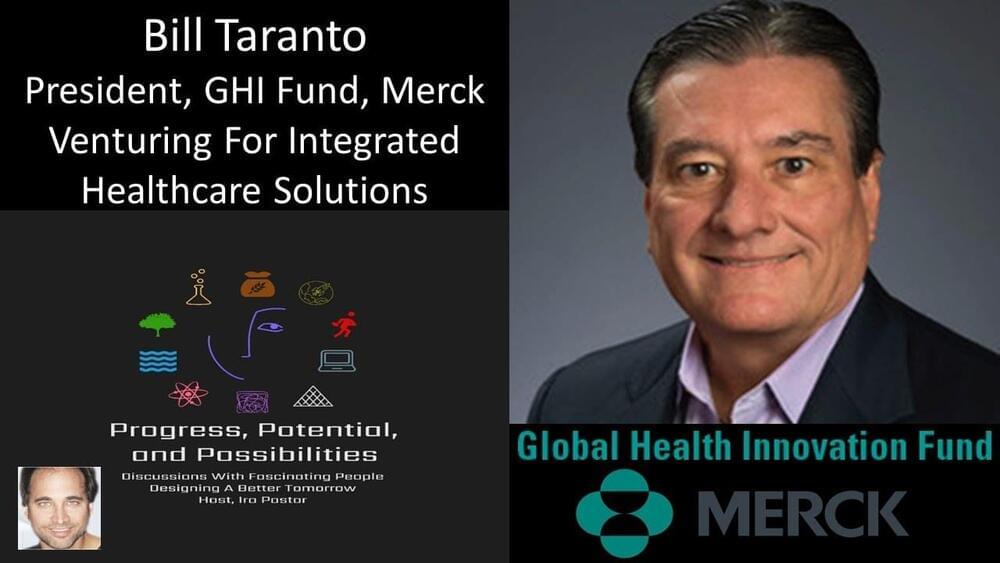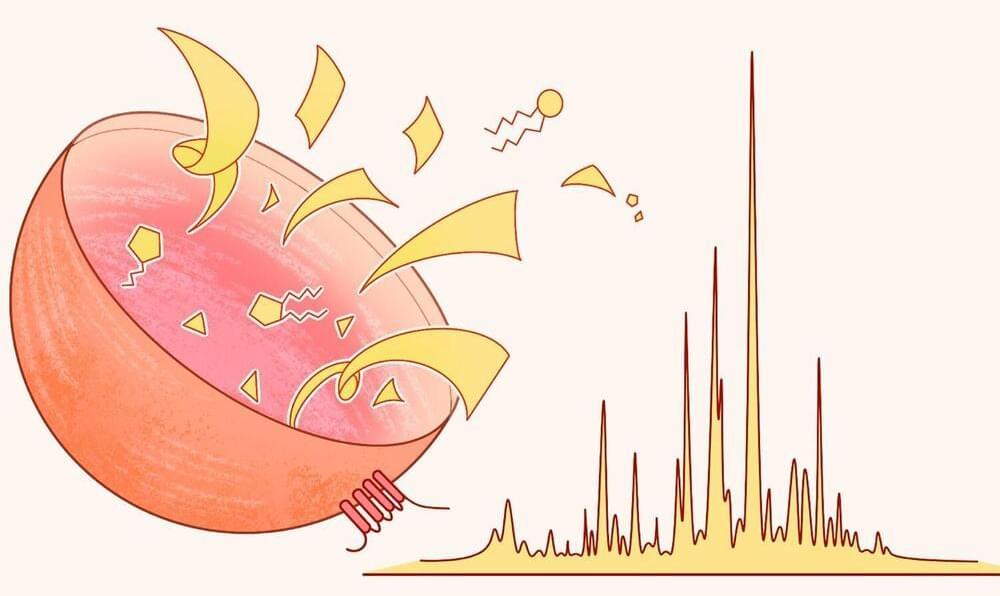
Small but mighty, lysosomes play a surprisingly important role in cells despite their diminutive size. Making up only 1–3% of the cell by volume, these small sacs are the cell’s recycling centers, home to enzymes that break down unneeded molecules into small pieces that can then be reassembled to form new ones. Lysosomal dysfunction can lead to a variety of neurodegenerative or other diseases, but without ways to better study the inner contents of lysosomes, the exact molecules involved in diseases—and therefore new drugs to target them—remain elusive.
A new method, reported in Nature on Sept. 21, allows scientists to determine all the molecules present in the lysosomes of any cell in mice. Studying the contents of these molecular recycling centers could help researchers learn how the improper degradation of cellular materials leads to certain diseases. Led by Stanford University’s Monther Abu-Remaileh, institute scholar at Sarafan ChEM-H, the study’s team also learned more about the cause for a currently untreatable neurodegenerative disease known as Batten disease, information that could lead to new therapies.
“Lysosomes are fascinating both fundamentally and clinically: they supply the rest of the cell with nutrients, but we don’t always know how and when they supply them, and they are the places where many diseases, especially those that affect the brain, start,” said Abu-Remaileh, who is an assistant professor of chemical engineering and of genetics.

